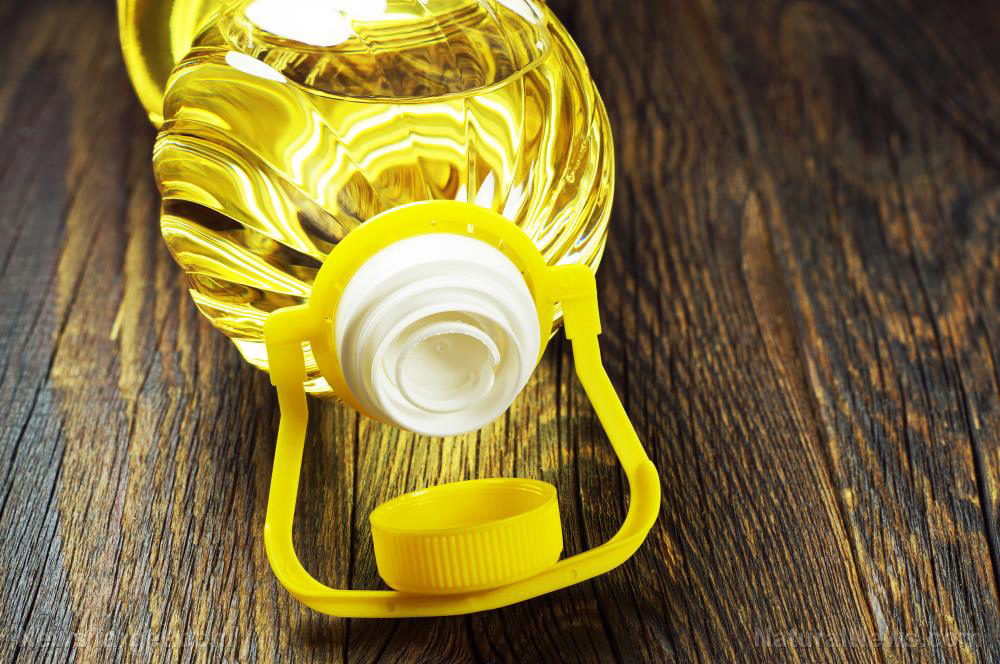
By focusing on treating aMCI, scientists believe that they can prevent or delay the onset of Alzheimer's. Western scientists have in fact developed a drug called donepezil to treat confusion or dementia related to Alzheimer's. On the other side of the globe, traditional Chinese medicine practitioners had put together extracts from roots, shoots, and leaves to combat this condition. It is not known when they first formulated this medicine. This formulation was recently evaluated to determine its efficacy and safety.
Chinese researchers recruited 324 patients, ranging in age from 55 to 80, from nine memory clinics in China for the tests. They had normal general cognition with minimal or no impairments in their activities of daily living (ADL), but they had complained previously of abnormal memory function. Patients with previous head injury or who had suffered a stroke were excluded. Also excluded were patients with a history of alcoholism, substance abuse, or major psychiatric disorder.
The patients were first given placebos for the first two weeks of the study. Then they each had an MRI scan and were randomly assigned to receive for 24 weeks either an herbal capsule (five capsules three times per day) and a placebo that was identical to donepezil tablets, or 5 mg per day of donepezil and a placebo that was identical to the herbal capsules.
Herbal formula
The herbal capsule contained 4.24 percent Asian ginseng (Panax ginseng, Araliaceae) root, 21.28 percent he shou wu (Polygonum multiflorum, Polygonaceae) tuber, 14.89 percent epimedium (Epimedium brevicornum, Berberidaceae) leaf, 14.89 percent Acorus tatarinowii (Acoraceae) rhizome, 14.90 percent Sichuan lovage (Ligusticum sinense, Apiaceae) rhizome, and 29.80 percent lobed kudzu vine (Pueraria spp., Fabaceae) root extracts.
Medicine's efficacy and safety
The patients' cognition and adverse reactions to both drugs were assessed at the start, on the 12th week, and on the 24th week of the study. In addition, 23 participants were evaluated again on the 48th week. The herbal therapy group significantly improved their cognitive test scores during the 24 weeks. After 48 weeks, the researchers found no significant difference in the cognitive test scores of both groups.
As for the safety of the herbal capsule, only 18.1 percent of the herbal therapy group reported adverse effects such as sore throat, diarrhea, nausea, and insomnia as compared to 57.4 percent of the donepezil group. In fact, the most frequent complaint assessed as probably related to the herbal therapy were thirst (6.5 percent) and sore throat (4.2 percent).
The authors of this study concluded that the herbal therapy was safe and had similar clinical benefits to donepezil with fewer adverse effects in patients with confirmed mild cognitive impairment. They would like to see studies longer than 24 weeks in order to find out the long-term response in patients with MCI. They would also like to have additional research to identify the bioactive compounds of the plant ingredients that may be responsible for the effects they have observed. Whatever those compounds may be, this herbal therapy holds promise. (Related: The therapeutic potential of three traditional Indian herbal medicines in the treatment of Alzheimer’s and Type 2 diabetes.)
You can find more news articles about traditional Chinese medicine and herbal therapies at ChineseMedicine.news.
Sources include:
Please contact us for more information.























